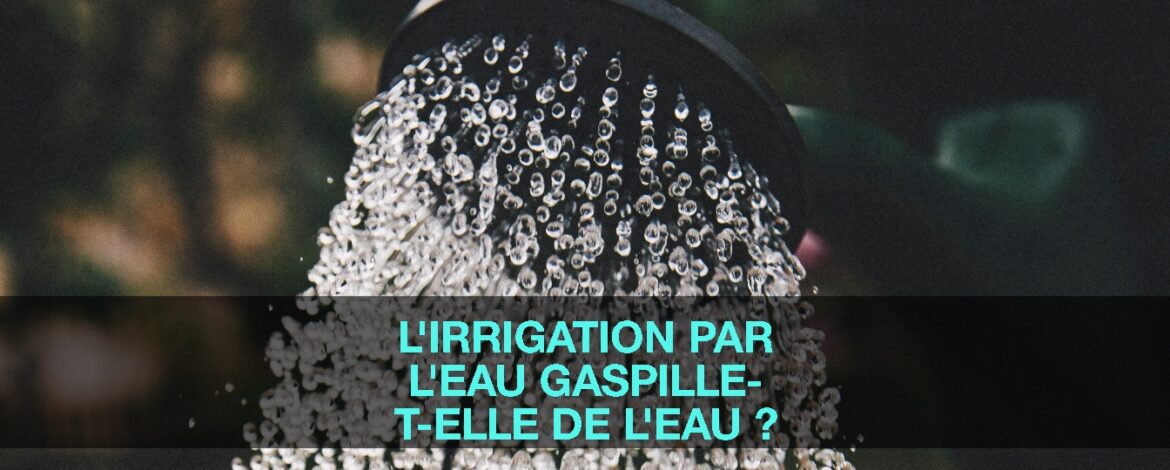Water irrigation is a common and essential practice in modern agriculture. However, there are ongoing debates about whether this efficient irrigation method wastes water. In this article, we will closely examine how these irrigation systems work and assess whether they genuinely waste water or if they are a responsible and sustainable method to support agricultural production.
How Do Water Irrigation Systems Work?
Water irrigation systems are designed to bring water directly to crops, ensuring a regular and controlled water supply. They use different methods to distribute water, including:
1. Sprinkler Irrigation
Sprinkler irrigation involves spraying water on crops using nozzles. This system is commonly used in open-field crops and gardens. While it is effective, there may be water losses due to evaporation and winds diverting water away from the target area.
2. Drip Irrigation
Drip irrigation is a more targeted and economical method. It involves releasing small amounts of water slowly near the plant roots, significantly reducing losses through evaporation and runoff. This also allows for more efficient water usage, as only the necessary amount is applied.
3. Submersion Irrigation
Submersion irrigation is mainly used for rice fields and involves temporarily submerging the fields to irrigate the crops. While this method may lead to some evaporation, it is often considered an efficient approach as it helps retain water in the soil.
The Question of Water Waste
Now that we understand how water irrigation systems work, it’s time to address the issue of water waste. Some critics argue that these systems are inefficient and result in significant water loss, exacerbating water scarcity issues in certain regions.
However, it is essential to recognize that water waste can be attributed to several factors, including:
1. Inadequate Maintenance
Poor maintenance of irrigation systems can lead to leaks, excessive splashing, and uneven water distribution, effectively causing water waste. To avoid this, it is crucial to regularly maintain the systems and promptly repair any leaks.
2. Selection of the Appropriate System
Choosing an irrigation system that suits the type of crops, climate, and soil is essential to avoid water waste. An ill-fitted system may supply an excessive amount of water, which is detrimental to crops and leads to unnecessary water losses.
3. Water Planning and Management
Poor irrigation planning and inefficient water resource management can also contribute to waste. By using advanced technologies such as soil moisture sensors and automated control systems, farmers can optimize water usage and reduce waste.
The Advantages of Water Irrigation
Despite concerns about potential waste, water irrigation offers many undeniable advantages for agriculture and the environment:
1. Increased Crop Yields
Regular irrigation ensures that crops receive the water they need to grow optimally, significantly increasing crop yields. This is particularly crucial in regions without insufficient natural precipitation to support crops.
2. Sustainable Water Usage
Drip irrigation and other precise systems enable responsible water usage. Waste is minimized by providing water directly to plant roots, and precious water resources are conserved.
3. Adaptation to Climate Change
With climate change affecting precipitation patterns, water irrigation can help farmers build resilience against droughts and periods of extreme heat.
Conclusion
In conclusion, water irrigation is essential to support agricultural production and ensure global food security. While some critics claim that it wastes water, it is crucial to consider various factors that can influence waste. Water irrigation can be a sustainable and responsible practice with proper planning, maintenance, and efficient water management.

